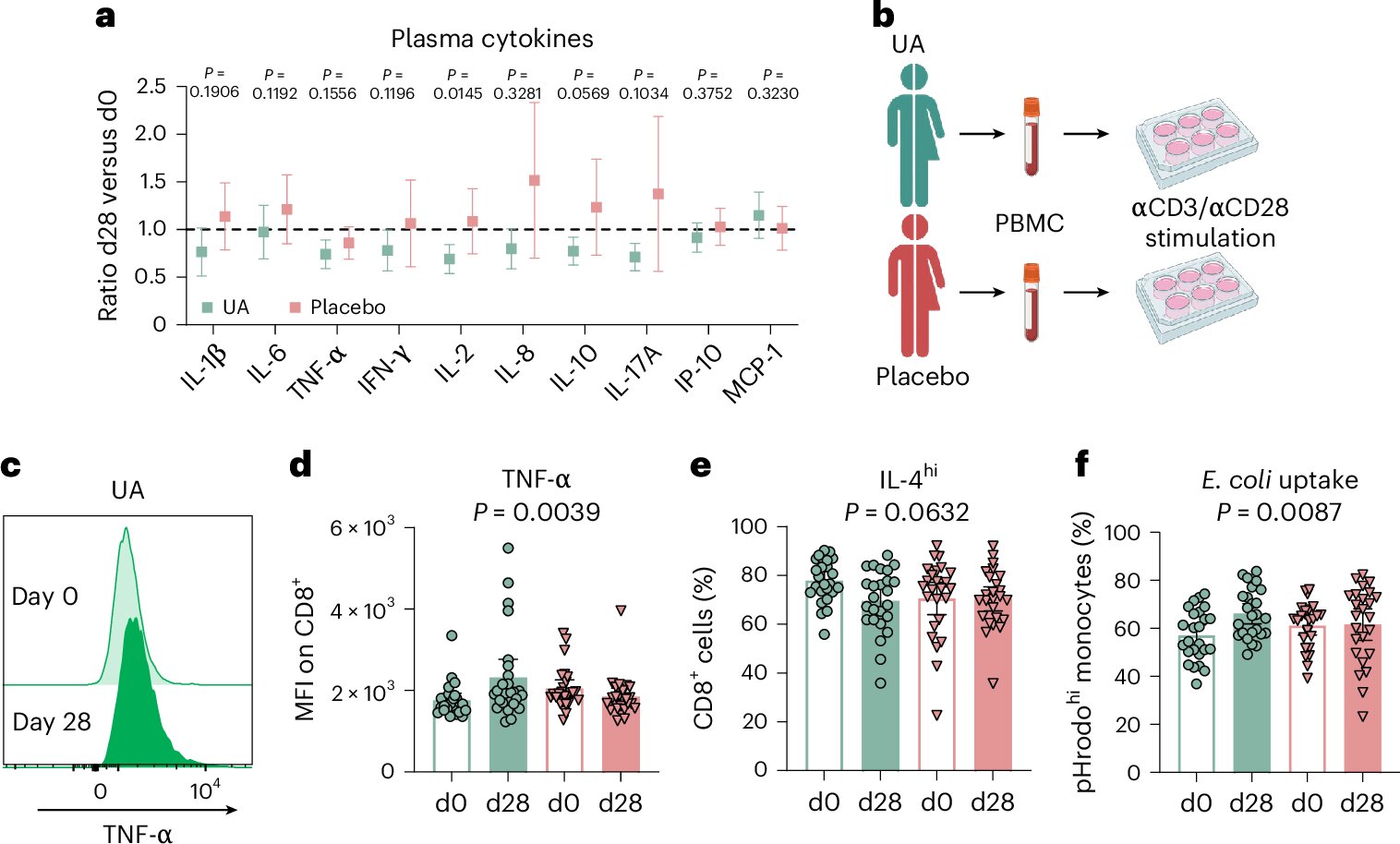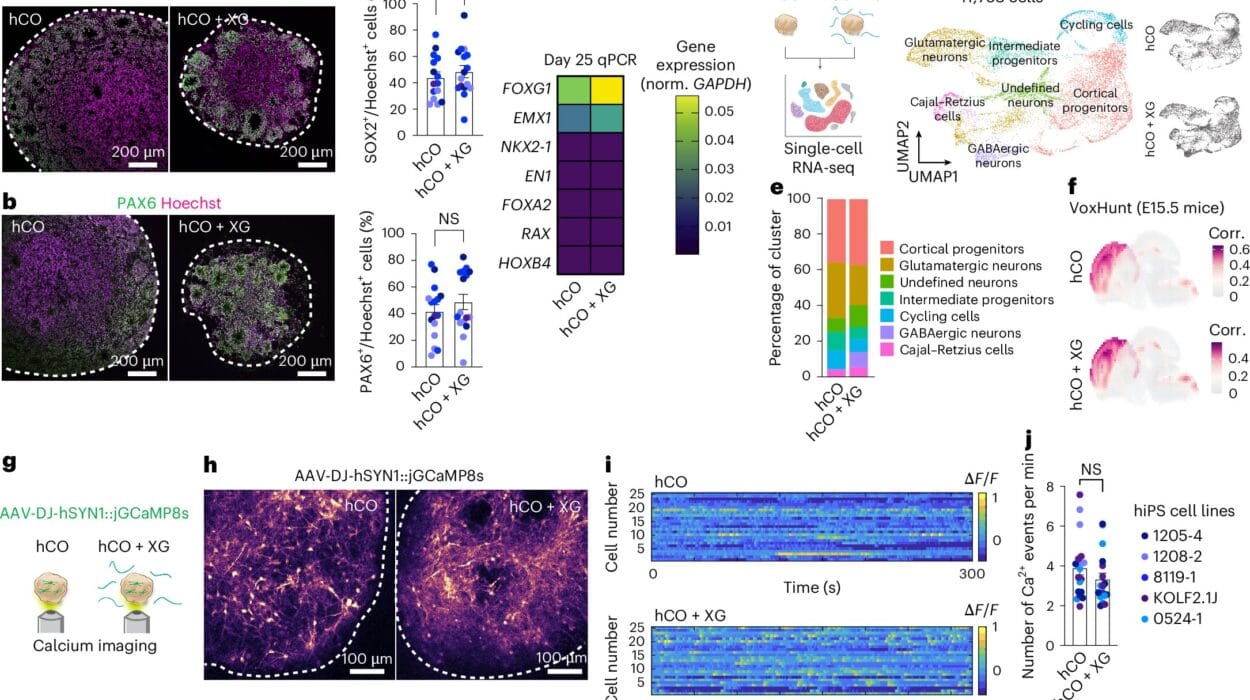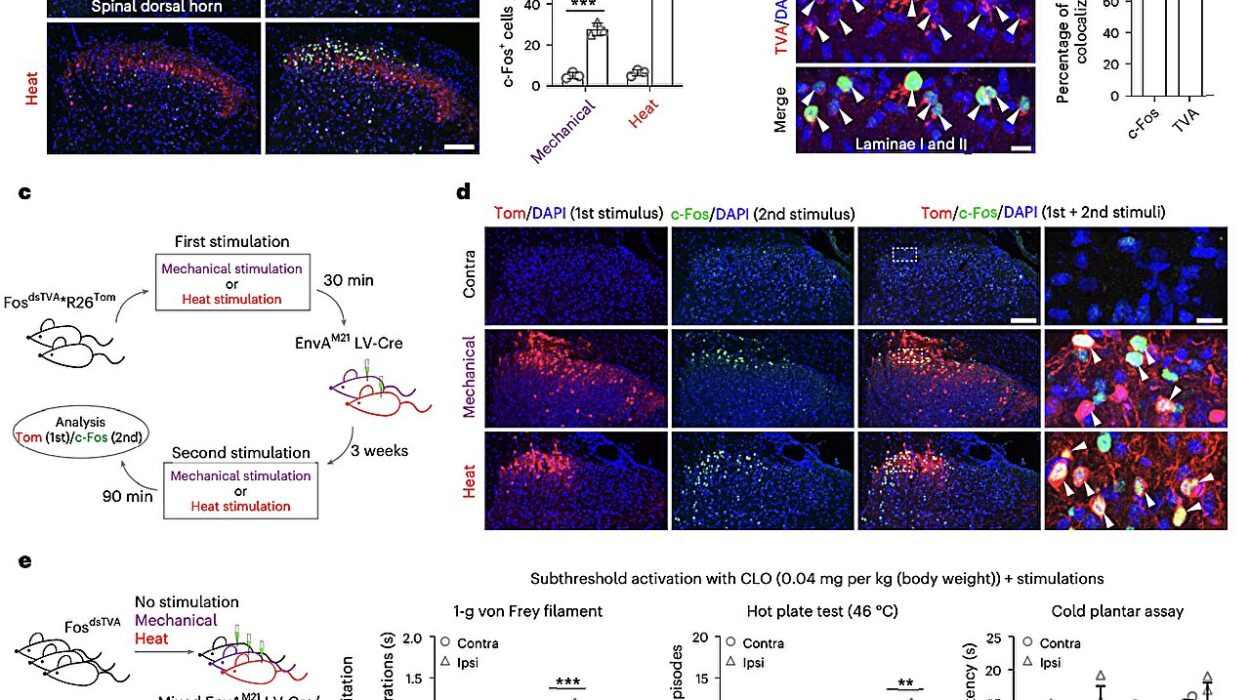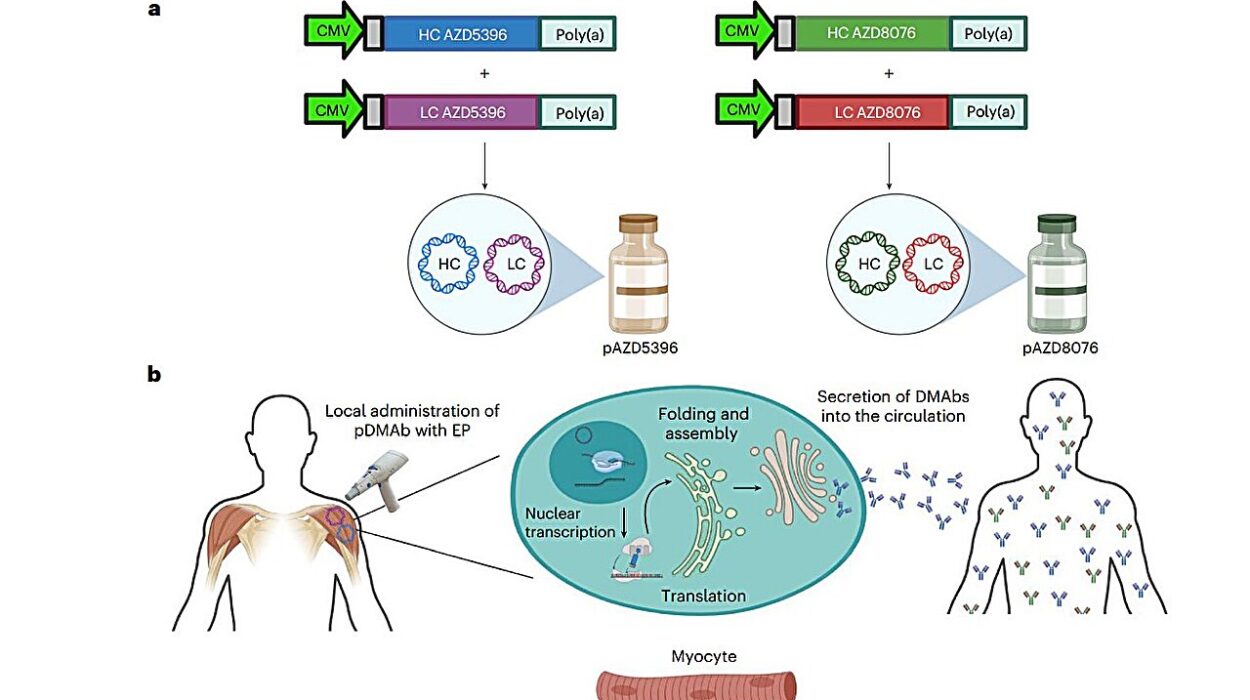Aging is inevitable—but what if some aspects of it could be slowed, or even gently reversed? A new international study published in Nature Aging offers an intriguing glimpse into that possibility. Researchers have discovered that a natural compound called urolithin A, derived from foods like pomegranates and walnuts, may help rejuvenate the aging immune system.
The findings show that urolithin A can subtly remodel human immune cells—specifically the powerful CD8+ T cells—pushing them toward a more “youthful” state and improving their metabolic efficiency. It’s not a miracle cure, but it’s a promising sign that we may be able to preserve immune vitality longer than nature intended.
The Immune System and the March of Time
As we age, our immune systems grow weary. The number of naïve T cells—those fresh, untested cells ready to respond to new infections—gradually declines. In their place, the body accumulates “exhausted” T cells, those that have fought too many battles and now function sluggishly or not at all. This process leaves older adults more vulnerable to infection, chronic inflammation, and slower recovery from illness.
At the same time, our cells lose their ability to maintain clean and efficient energy systems. The mitochondria—tiny power plants inside every cell—start to break down. When these mitochondria aren’t properly recycled and replaced, a process known as mitophagy, cells lose their vigor. The failure of mitophagy has been tied to numerous age-related diseases, from metabolic disorders to neurodegeneration.
The immune system, perhaps more than any other, feels this decline acutely. Its strength depends on the health and energy of its cells. When mitochondria falter, so does immunity.
The Promise of Urolithin A
Enter urolithin A—a natural compound formed when gut bacteria digest ellagic acid, a molecule found in pomegranates, walnuts, and certain berries. While some people produce small amounts of urolithin A naturally, most of us generate it in too low a quantity to make a noticeable difference. Scientists have long suspected that supplementing it could improve mitochondrial quality and, by extension, cellular health.
In earlier preclinical studies, urolithin A was shown to trigger mitophagy in rodents and humans, helping cells clear out old, dysfunctional mitochondria and generate new ones. This cellular “spring cleaning” improved muscle function and endurance in both animals and people.
Now, researchers wanted to know: could the same process help rejuvenate the immune system?
Inside the Human Trial
To find out, an international team led by researchers at Goethe University Hospital Frankfurt conducted a randomized, placebo-controlled trial—the gold standard in medical research. They recruited 50 healthy adults aged 45 to 70 and randomly assigned them to receive either 1,000 mg of urolithin A daily or a placebo for 28 days.
The study’s focus was to see whether urolithin A could shift the balance of T cells—especially CD8+ T cells, the immune system’s elite defenders—toward a more youthful and efficient state. Researchers also examined how these immune cells produced and used energy, how their mitochondria performed, and how gene expression changed at the single-cell level.
It was a short trial—just four weeks—but the results were unexpectedly telling.
Reawakening the Immune System
After only 28 days, participants who received urolithin A showed a subtle but measurable shift in their immune profiles. Their CD8+ T cells displayed more naïve-like characteristics, meaning they resembled the flexible, ready-to-fight cells seen in younger individuals. At the same time, they showed lower levels of exhaustion markers, the biochemical signs of aging and overuse in immune cells.
Even more strikingly, their CD8+ cells demonstrated enhanced mitochondrial function. The researchers found higher levels of PGC-1α, a protein known as the master regulator of mitochondrial biogenesis—the process of making new mitochondria. This indicated that urolithin A was helping immune cells renew their energy machinery rather than letting it decay.
The study also found a marked increase in fatty acid oxidation, suggesting that the immune cells were shifting toward a cleaner, more sustainable form of energy production. This shift away from glucose metabolism mirrors what is often seen in youthful, healthy immune systems.
On a genetic level, single-cell RNA sequencing revealed that urolithin A altered the activity of several key genes involved in inflammation and immune exhaustion, creating a profile more consistent with a resilient, less inflamed state.
The Meaning Behind the Numbers
At first glance, the statistical changes may seem small—a fraction of a percentage point here, a 14% boost there—but in the context of human biology, these shifts are significant. Immune aging happens gradually and pervasively; reversing even part of that trend suggests that cells can, in fact, be coaxed back into vitality.
To see such results in just four weeks of supplementation is particularly noteworthy. It implies that urolithin A acts quickly on mitochondrial pathways that are deeply intertwined with immune health. While the study was not designed to test long-term outcomes, it lays a foundation for future research into whether these improvements can persist and translate into real-world benefits, such as reduced inflammation or enhanced resistance to infections.
Restoring Cellular Energy: The Heart of Healthy Aging
The findings also touch on one of the central ideas in modern aging science—that longevity depends less on the number of years lived and more on the quality of the body’s cellular maintenance. Aging cells accumulate damage, but with efficient autophagy and mitophagy, they can recycle their components and stay functional longer.
Urolithin A appears to strengthen this self-renewal mechanism by clearing out defective mitochondria, thereby restoring energy balance and reducing stress within cells. In the context of the immune system, where energy demand is high, this rejuvenation can mean sharper responses to pathogens and fewer chronic inflammatory signals that drive age-related disease.
From Laboratory to Lifestyle
It’s important to note that while urolithin A occurs naturally, dietary sources alone—like pomegranates or walnuts—are unlikely to provide enough to match the doses used in the study. That’s because urolithin A is not present in these foods directly; it must be produced by gut bacteria, and not everyone’s microbiome is capable of making it efficiently.
For this reason, researchers have been exploring urolithin A supplements designed to deliver standardized, bioavailable doses. The 1,000 mg used in the study represents a level achievable only through supplementation, not diet. Still, these findings underscore the power of the connection between nutrition, the microbiome, and longevity—a relationship scientists are only beginning to fully grasp.
A Step Toward Rejuvenating Immunity
The implications of this research reach far beyond the laboratory. If short-term supplementation with urolithin A can rejuvenate immune cells, it opens the door to new strategies for combating age-related immune decline—a condition that affects virtually everyone past midlife.
An immune system that functions more like that of a younger person could mean better vaccine responses, faster recovery from illness, and potentially reduced risk of chronic inflammation, which is linked to conditions like diabetes, cardiovascular disease, and neurodegeneration.
While more studies are needed to determine the long-term safety and effectiveness of urolithin A, the evidence so far paints an optimistic picture: it may be possible not just to slow the decline of aging immunity, but to actively rebuild it.
Looking Ahead
The researchers behind this work are cautious but excited. They emphasize that this is an early step, not a definitive anti-aging solution. Yet, it’s a significant one. The trial demonstrates that even in middle-aged and older adults, immune cells can be metabolically reprogrammed within weeks—something once thought impossible.
Future studies will explore how urolithin A interacts with other aspects of aging, from muscle strength to cognitive resilience. The hope is to create an integrated picture of how mitochondrial health influences the aging process as a whole.
More information: Dominic Denk et al, Effect of the mitophagy inducer urolithin A on age-related immune decline: a randomized, placebo-controlled trial, Nature Aging (2025). DOI: 10.1038/s43587-025-00996-x
A natural compound revitalizes the aging human immune system, Nature Aging (2025). DOI: 10.1038/s43587-025-01012-y






